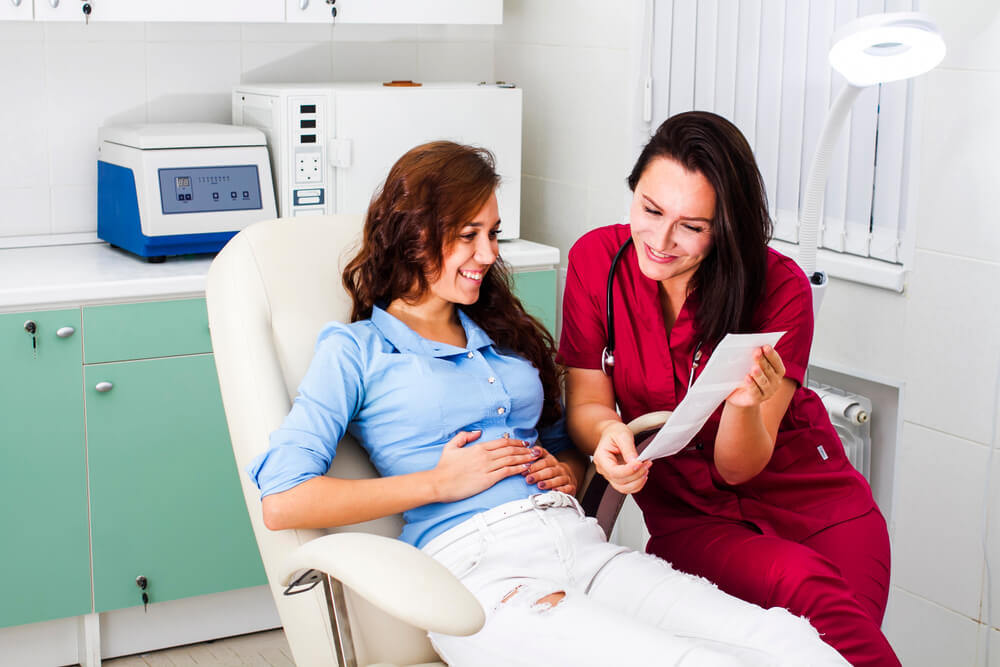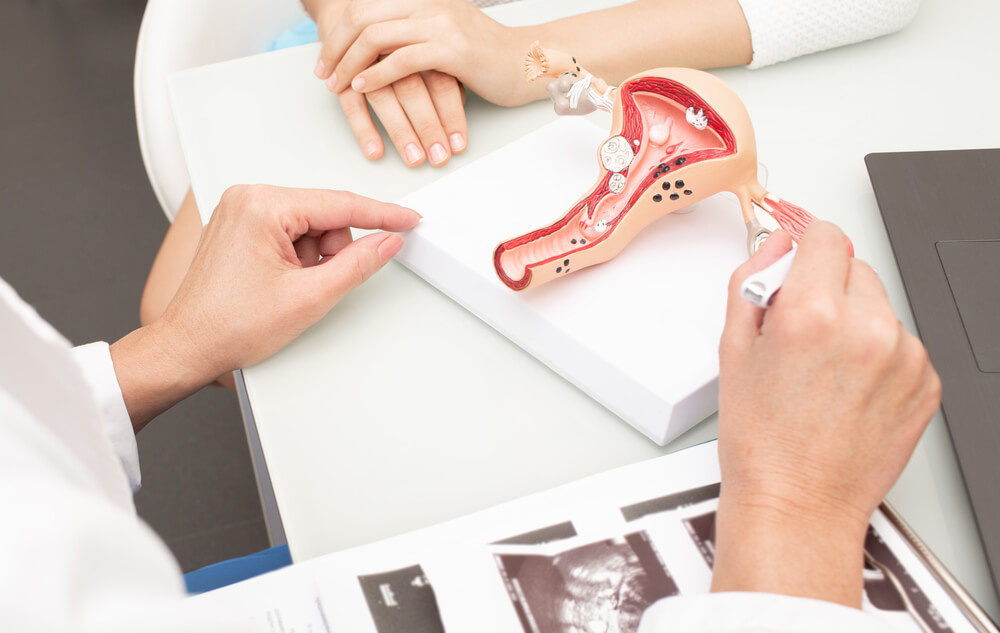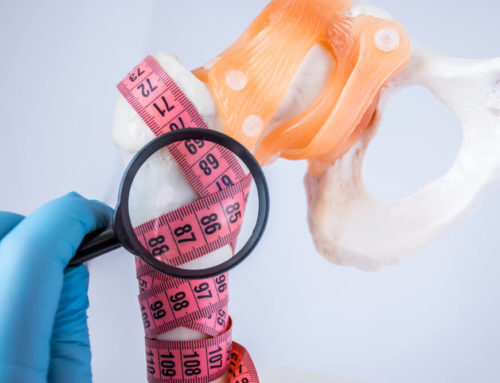There’s nothing strange in the fact that no woman truly looks forward to a routine gynecological checkup. But this sentiment can easily turn into avoiding the responsibility of this checkup, which could result even in years between visits to OBGYN if there were no obvious issues during that time. However, this kind of neglect can actually have serious health consequences. An annual women’s wellness exam is, in many ways, the only sure method to catch potential illnesses in their early stages as, sadly, the symptoms often show up only when the treatment is already going to be challenging. But by finding an issue early, the treatment itself can be easier and more effective. This is why it’s crucial to completely disregard your own negative sentiment toward the women’s annual exam and make sure to go through with it on schedule.
The Importance of Early Intervention

Prevention and early intervention are crucial for good gynecological health. It’s great that you may be perfectly content with things you can feel and see, and consider yourself healthy, but the sad truth is that things are never so black and white with GYN matters. As mentioned, a disease could progress to really advanced stages before you get the very first symptom. Going in for your women’s wellness exam at least once a year is essential for catching any of those diseases that don’t tend to rear their ugly heads until it could even be too late. This is not just us being pessimistic. The fact of the matter is that a woman can’t know if there’s a dangerous disease spreading, such as cancer, without actually getting a well woman exam. There are many stories about lives saved simply thanks to routine checkups.
Aside from the actual reproductive system, an annual exam for women also includes a breast exam used to identify potential issues, emphasizing breast cancer. This is also a kind of a general annual exam for woman, which means that the doctor will check for anything that doesn’t appear to be typical. Suppose you’re wondering what to expect at a well woman exam. In that case, the main things that will be instantly checked certainly include cervical and breast cancer and HPV, but the doctor can also address other things during the well woman exam, such as:
- Menstrual issues
- Vaginal infections and STI
- Fertility and prenatal counseling
- Birth control
- Pain in the pelvis
- Sexual function
- Bone health
- Symptoms of menopause
- Urinary incontinence
- Changes in breasts
What to Expect at a Well Woman Exam?
During the women’s wellness exam, your doctor will ask for your medical history, family health history included. They will start off the exam by noting your vital signs such as height and weight measurements, heart rate, and blood pressure. The doctor will also ask a lot of questions about previous pregnancies, periods, sexual activity and potential birth control, and any past and current GYN issues.
In terms of what to expect at a well woman exam, the doctor will feel your abdomen and throat thyroid gland as well as listen to your lungs and your heart. Women’s annual exam also includes a breast and pelvic exam. During the pelvic exam, the doctor will first examine the vulva externally, then use a speculum to examine the cervix and vagina, and proceed to examine the ovaries and uterus with a gloved hand. At this point, the doctor will probably take the brush cervix sample for a Pap smear.
You can also expect to have an open discussion with your doctor at the end of the well woman exam regarding potentially necessary lifestyle changes that could benefit your health and other screening tests and vaccinations that may be needed.
Screening Tests
Screening tests make for an extended part of women’s annual exam and they can effectively identify hidden issues. The kind of tests and how often they should be done depend on the individual woman based on her age and risk factors. Generally, the common screening tests include:
- HIV testing, among other STIs, that’s recommended to be done at least once in your life.
- Hepatitis C testing is just a one-time test especially important for women born between 1945 and 1965.
- Chlamydia and gonorrhea testing, that’s especially important for sexually active women who are 25 and younger, as well as everyone older if they tend to change their partners often.
- Pap smear is the cervical cancer test and should be done every 3 years by women under the age of 30, and every 5 years for women older than 30 in conjunction with HPV.
- Clinical breast exams should be done every 1-3 years by every woman that’s 20 and older.
- Mammography is an imaging test used to pinpoint breast abnormalities and check for breast cancer. While younger women may not have to get mammogram screening, once they turn 40 women should discuss this screening with their doctor and ideally have it every 1-2 years.
- Bone density testing is very important for all postmenopausal women with a higher risk of bone fracture regardless of their age and every single woman over 65.
- Diabetes testing and lipid profile assessment where a blood test can show whether the cholesterol and blood sugar levels are within the normal range or there’s a need for treatment.
Preparation for the Annual Exam for Woman

Before you make an appointment for an annual exam for woman, make sure to check your cycle so that you can schedule it when you’re not on your period. As far as other preparation tips are concerned, it would be best not to use any vaginal meds and creams as well as avoid sexual intercourse and douching at least 2 days before going in for the exam.
Make sure to prepare your medical history with important info such as all the current and past health issues, including surgeries, and the names of your health providers. Also, create an updated list that contains all of your allergies and meds (supplements too) that you’re currently taking. If you’re dealing with unusual pain and bleeding, it would be useful to keep track of these symptoms for a bit to inform your doctor about it, too.
An annual women’s wellness exam presents a thorough health checkup that won’t only test your gynecological health but also address other health matters. If you’ve been putting off making an appointment, make sure to do so as soon as possible. We’re not exaggerating when we say that this exam could save your life. However, we are aware that the biggest reason why women tend to neglect this exam is that they simply don’t feel comfortable. It’s crucial that you have full trust in your doctor, which is why we always recommend getting in touch with Dr. TaiSenChoy. Aside from her extensive knowledge and experience, you can also count on her empathetic and kind approach to the women’s annual exam as well as all the questions and concerns you may have.










